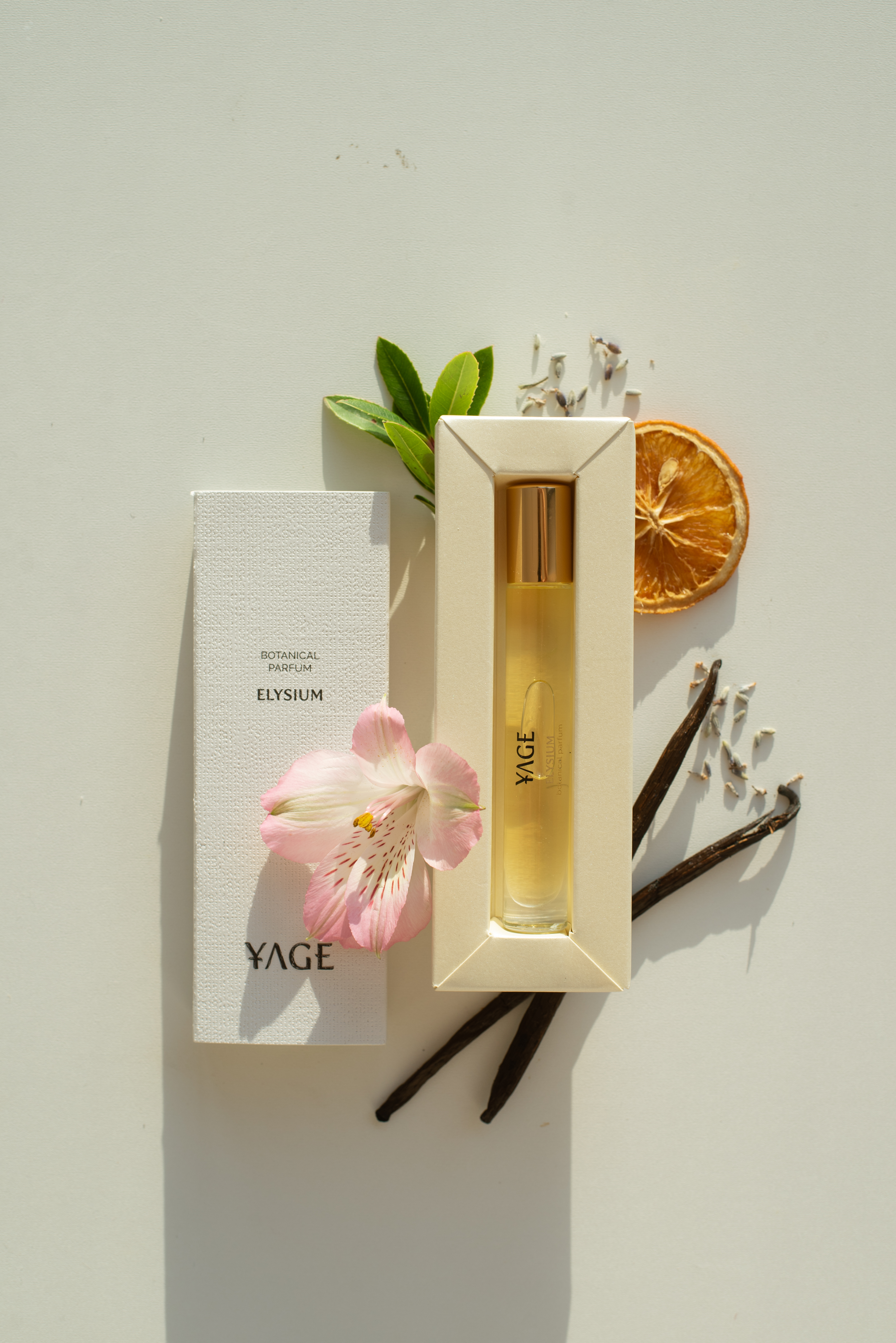
What are essential oils?
Essential oils are concentrated aromatic substances that are extracted from plants. These oils have the characteristic scent of the plants from which they are extracted and are widely used in aromatherapy, cosmetics, food and medicine. The process of extracting essential oils is usually carried out by distillation, pressing, or extraction. Essential oils are made up of complex chemical compounds. These may include terpenes, phenols, aldehydes, ketones, esters, and other substances that provide the unique aroma and properties of a given oil.
The effect of essential oils on the brain
Essential oils can have a profound effect on the brain's limbic system, which is the part of the brain involved in regulating emotions, memory, and controlling certain autonomic functions. The limbic system plays a key role in emotional reactions and memory formation.
Essential oils, which have aromatic properties, can affect this system in several ways:
The Aromatic System:
When we inhale the scents of essential oils, the aromatic molecules travel through the olfactory system to the limbic system of the brain. The olfactory system is a specialized system that mediates the perception of scent. Direct contact with scents can immediately trigger emotional reactions.

Emotional Reaction:
Aromatics in essential oils can stimulate parts of the limbic system associated with emotions, such as the amygdala and hippocampus. This can induce different emotional states such as joy, calm, vitality or relaxation, depending on the properties of the particular essential oil.
Effect on stress and relaxation:
Some essential oils have the ability to affect stress and tension levels. For example, lavender or rosemary can have calming effects, while citrus oils like orange or bergamot can bring a sense of refreshment, joy and energy.
Memory and association:
Scents are also able to stimulate memory and create associations. Essential oils can be associated with certain memories or events, which can affect our emotional state.
Regulation of autonomic reactions:
The limbic system can influence the autonomic nervous system, which affects the body's physiological responses such as heart rate, blood pressure, and breathing rate. Some essential oils can help regulate these physiological responses.
Essential oils are widely used in aromatherapy. Aromatherapy is an alternative therapeutic approach that utilizes the positive effects of essential oils and aromatic substances to improve the physical, emotional and psychological state of an individual. This therapeutic method is based on the use of natural scents from plant extracts to achieve positive effects on the human body and mind.

At Yage we have developed natural perfumes with an aromatherapeutic effect. They are meant to improve mood, induce calm harmony, or stir up energy, add good mood, promote femininity and sensuality. They are made from the finest ingredients such as wild plants, herbs, fruits, plant oils, woody aromas or floral waters. Blended into 3 aroma elixirs where each one embodies something different.
ELYSIUM - grapefruit, bergamot, sweet orange, tuberose, jasmine, lavender, sandalwood, vanilla, ambrettolide
FORBIDDEN ORRIS - grapefruit, bergamot, mandarin, blue lotus, iris, violet, sandalwood, hibiscus seed
HOLLY LEATHER - Peppermint, true basil, bergamot, apple, leather, labdanum, incense, vetiver
